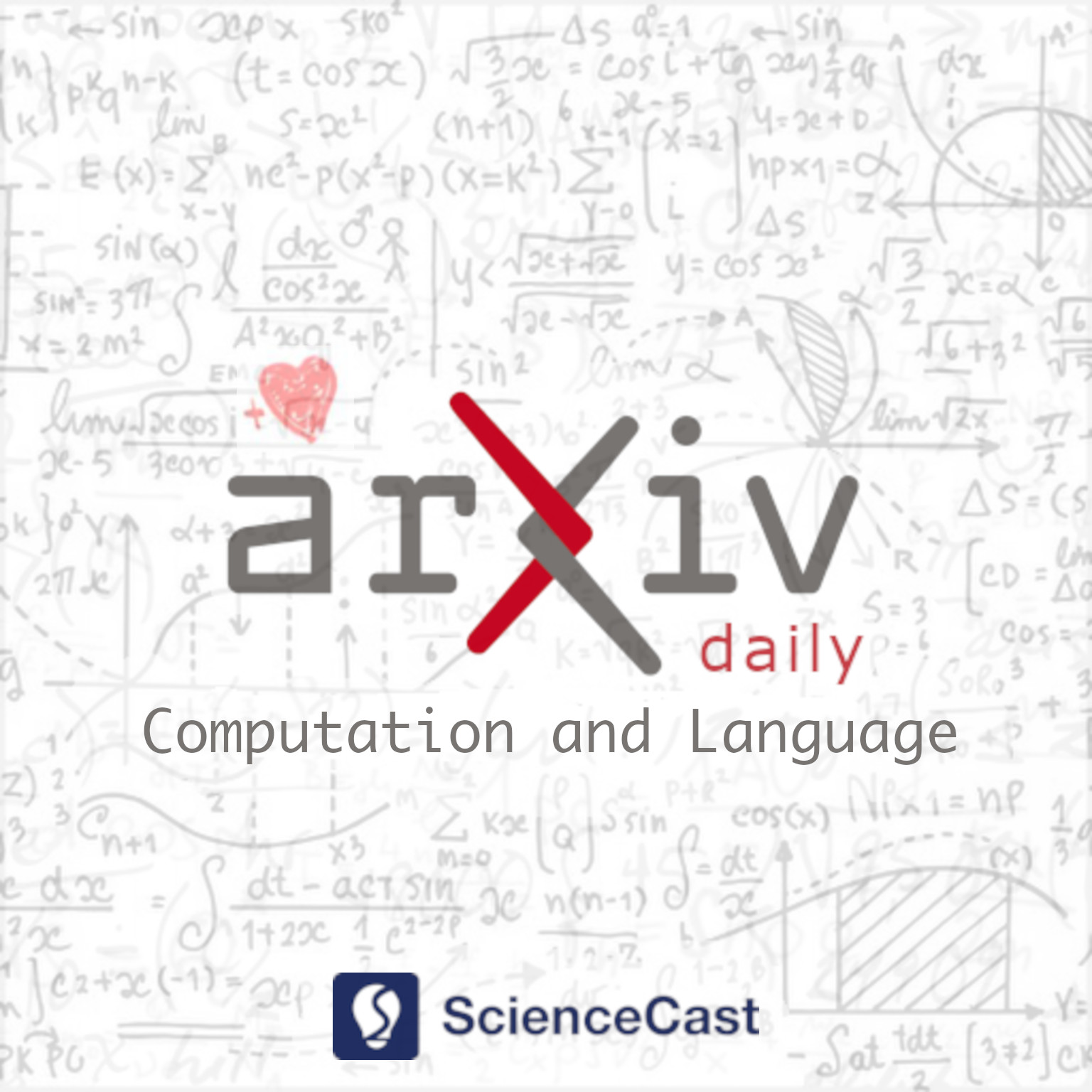
Computation and Language (cs.CL)
Wed, 09 Aug 2023
1.Cross-Lingual Constituency Parsing for Middle High German: A Delexicalized Approach
Authors:Ercong Nie, Helmut Schmid, Hinrich Schütze
Abstract: Constituency parsing plays a fundamental role in advancing natural language processing (NLP) tasks. However, training an automatic syntactic analysis system for ancient languages solely relying on annotated parse data is a formidable task due to the inherent challenges in building treebanks for such languages. It demands extensive linguistic expertise, leading to a scarcity of available resources. To overcome this hurdle, cross-lingual transfer techniques which require minimal or even no annotated data for low-resource target languages offer a promising solution. In this study, we focus on building a constituency parser for $\mathbf{M}$iddle $\mathbf{H}$igh $\mathbf{G}$erman $\mathbf{MHG}$ under realistic conditions, where no annotated MHG treebank is available for training. In our approach, we leverage the linguistic continuity and structural similarity between MHG and $\mathbf{M}$odern $\mathbf{G}$erman $\mathbf{MG}$, along with the abundance of MG treebank resources. Specifically, by employing the $\mathit{delexicalization}$ method, we train a constituency parser on MG parse datasets and perform cross-lingual transfer to MHG parsing. Our delexicalized constituency parser demonstrates remarkable performance on the MHG test set, achieving an F1-score of 67.3%. It outperforms the best zero-shot cross-lingual baseline by a margin of 28.6% points. These encouraging results underscore the practicality and potential for automatic syntactic analysis in other ancient languages that face similar challenges as MHG.
2.Sudowoodo: a Chinese Lyric Imitation System with Source Lyrics
Authors:Yongzhu Chang, Rongsheng Zhang, Lin Jiang, Qihang Chen, Le Zhang, Jiashu Pu
Abstract: Lyrics generation is a well-known application in natural language generation research, with several previous studies focusing on generating accurate lyrics using precise control such as keywords, rhymes, etc. However, lyrics imitation, which involves writing new lyrics by imitating the style and content of the source lyrics, remains a challenging task due to the lack of a parallel corpus. In this paper, we introduce \textbf{\textit{Sudowoodo}}, a Chinese lyrics imitation system that can generate new lyrics based on the text of source lyrics. To address the issue of lacking a parallel training corpus for lyrics imitation, we propose a novel framework to construct a parallel corpus based on a keyword-based lyrics model from source lyrics. Then the pairs \textit{(new lyrics, source lyrics)} are used to train the lyrics imitation model. During the inference process, we utilize a post-processing module to filter and rank the generated lyrics, selecting the highest-quality ones. We incorporated audio information and aligned the lyrics with the audio to form the songs as a bonus. The human evaluation results show that our framework can perform better lyric imitation. Meanwhile, the \textit{Sudowoodo} system and demo video of the system is available at \href{https://Sudowoodo.apps-hp.danlu.netease.com/}{Sudowoodo} and \href{https://youtu.be/u5BBT_j1L5M}{https://youtu.be/u5BBT\_j1L5M}.
3.Sci-CoT: Leveraging Large Language Models for Enhanced Knowledge Distillation in Small Models for Scientific QA
Authors:Yuhan Ma, Haiqi Jiang, Chenyou Fan
Abstract: Large Language Models (LLMs) have shown outstanding performance across wide range of downstream tasks. This competency is attributed to their substantial parameter size and pre-training on extensive corpus. Moreover, LLMs have exhibited enhanced reasoning capabilities in tackling complex reasoning tasks, owing to the utilization of a method named ``Chain-of-Thought (CoT) prompting''. This method is designed to generate intermediate reasoning steps that guide the inference of the final answer. However, it is essential to highlight that these advanced reasoning abilities appear to emerge in models with a minimum of 10 billion parameters, thereby limiting its efficacy in situations where computational resources are constrained. In this paper, we investigate the possibility of transferring the reasoning capabilities of LLMs to smaller models via knowledge distillation. Specifically, we propose Sci-CoT, a two-stage framework that separates the processes of generating rationales and inferring answers. This method enables a more efficient use of rationales during the answer inference stage, leading to improved performance on scientific question-answering tasks. Utilizing Sci-CoT, our 80-million parameter model is able to exceed the performance of BLOOM-176B in the ARC-Easy dataset under the few shot setting.
4.Generating News-Centric Crossword Puzzles As A Constraint Satisfaction and Optimization Problem
Authors:Kaito Majima, Shotaro Ishihara
Abstract: Crossword puzzles have traditionally served not only as entertainment but also as an educational tool that can be used to acquire vocabulary and language proficiency. One strategy to enhance the educational purpose is personalization, such as including more words on a particular topic. This paper focuses on the case of encouraging people's interest in news and proposes a framework for automatically generating news-centric crossword puzzles. We designed possible scenarios and built a prototype as a constraint satisfaction and optimization problem, that is, containing as many news-derived words as possible. Our experiments reported the generation probabilities and time required under several conditions. The results showed that news-centric crossword puzzles can be generated even with few news-derived words. We summarize the current issues and future research directions through a qualitative evaluation of the prototype. This is the first proposal that a formulation of a constraint satisfaction and optimization problem can be beneficial as an educational application.